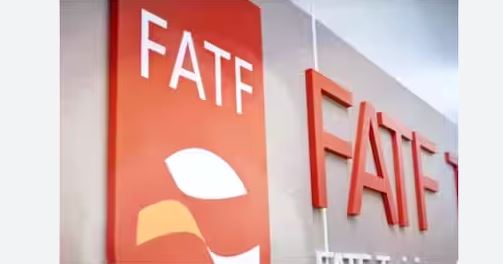
Without naming, FATF includes 'PFI' funding in case study based on Indian reports
text_fieldsNew Delhi: The Financial Action Task Force (FATF), the global money laundering and terrorist financing watchdog, has included in its latest report titled ‘Crowdfunding for Terrorism Financing’ a case study based on the report from Indian officials.
The case study details how, without naming the PFI, the organization allegedly raised funds to procure arms and ammunition and for training the cadres.
Indian officials, as cited in the report, disclosed that the extremist organization managed to collect funds through well-structured networks spanning the entire country. Fundraising tactics included solicitation at mosques and public places, utilizing both offline and online mechanisms.
The complexity of the case is underscored by the involvement of both domestic and foreign transactions, making it a challenging investigation, the FATF report suggested referring to the Indian officials.
The funds, according to the report, were not only used for purchasing weapons and training but were also invested in businesses and real estate projects to generate regular income for terrorist activities.
The Ministry of Home Affairs has not provided any response to queries about the 'Crowdfunding for Terrorism Financing,' as reported by The Indian Express. This revelation comes at a critical time, with FATF's onsite assessment of India scheduled for November.
The assessment, delayed due to the COVID-19 pandemic, is expected to be discussed in the plenary meeting in June 2024.
As a result of the investigation, the report reveals that eight individuals in leadership roles within the organization have been arrested on terrorist financing charges. Prosecution complaints have been filed, and authorities are seeking the confiscation of Rs 3.5 crore in assets associated with the case.
The Popular Front of India, active in the mainstream since its establishment in 2007, claimed to have been working for the rights of minorities, Dalits, and marginalized communities until its ban in 2022.
In March of this year, the FATF incorporated a case study into its report titled ‘Money Laundering and Terrorist Financing In The Arts And The Antiques Market.’ This case study bore a resemblance to the Enforcement Directorate’s case against former Yes Bank CMD Rana Kapoor.
Although FATF refrained from specifying names, referring to the accused as ‘Mr. A,’ it did highlight instances of money laundering involving artworks.
Notably, one painting was acquired from “the close relative of a member of the ruling political party at that time for USD 264,000.” Responding to the report, Information & Broadcasting Minister Anurag Thakur pointed out that it was a matter of “great shame” that the “story of the Gandhi family’s corruption” found a place in the FATF report.























